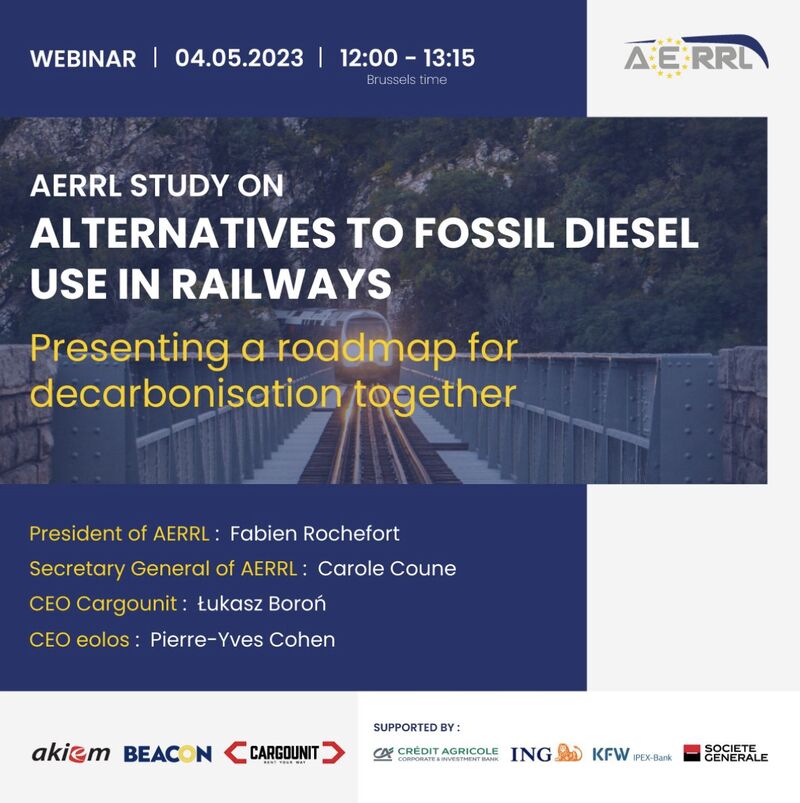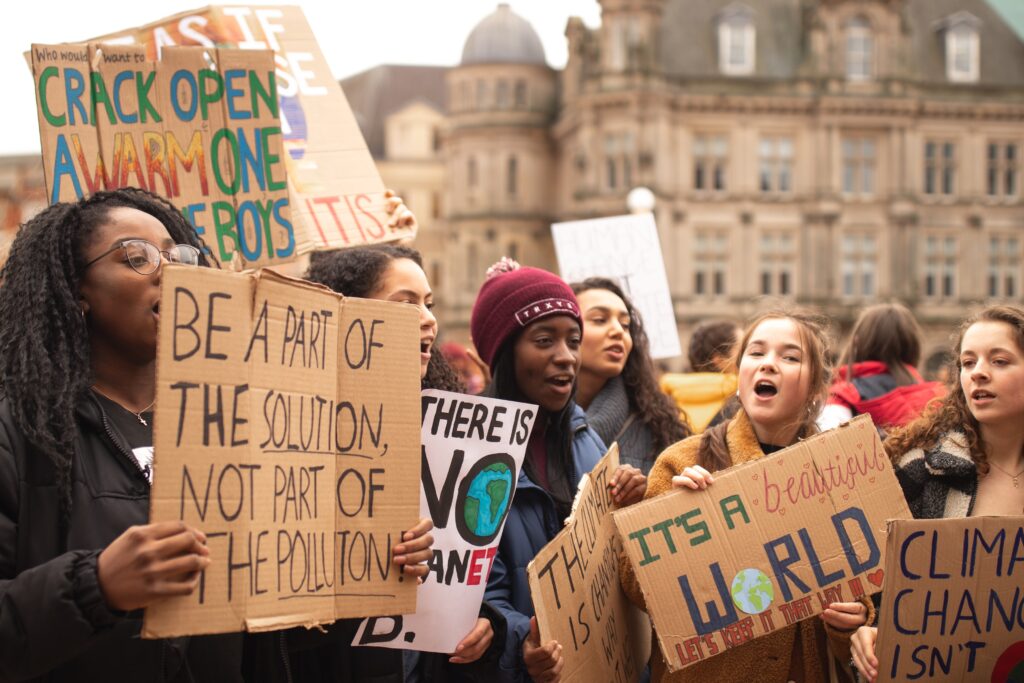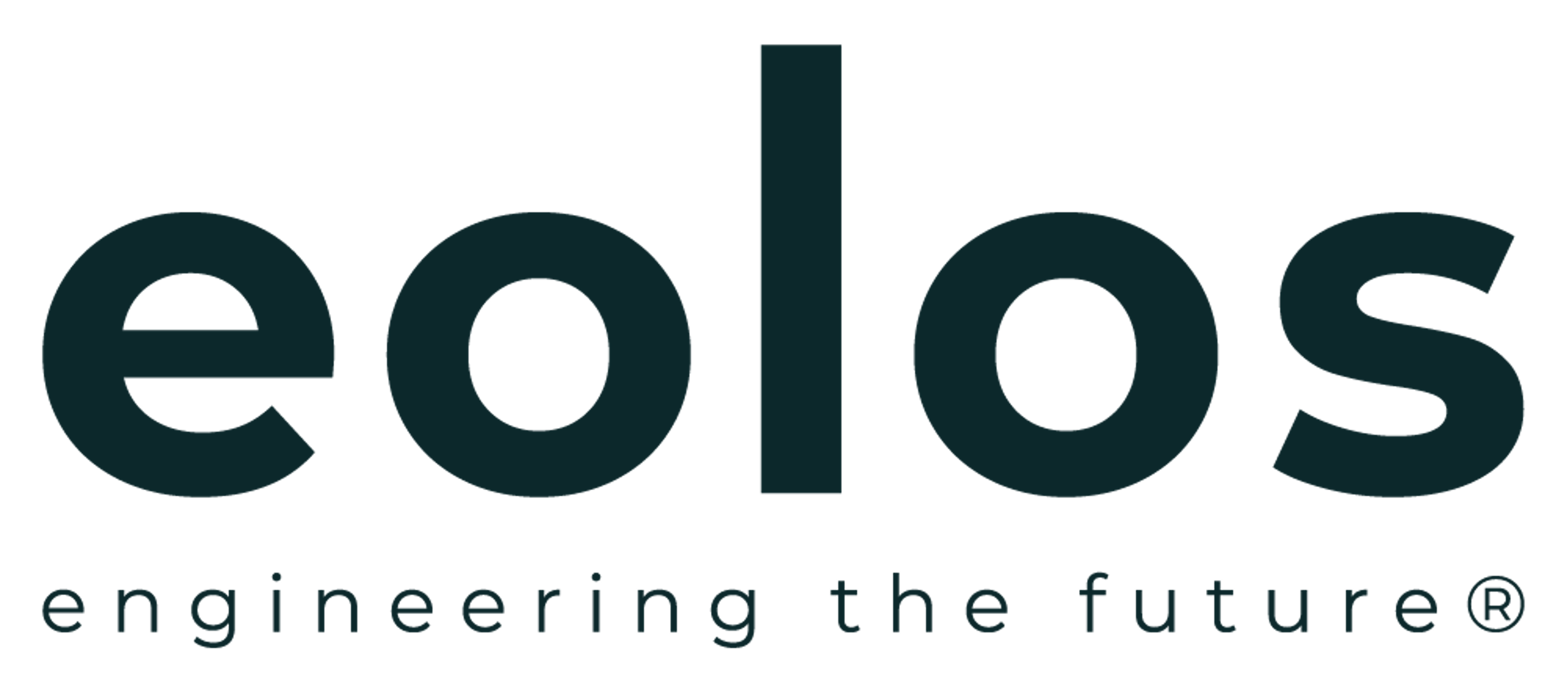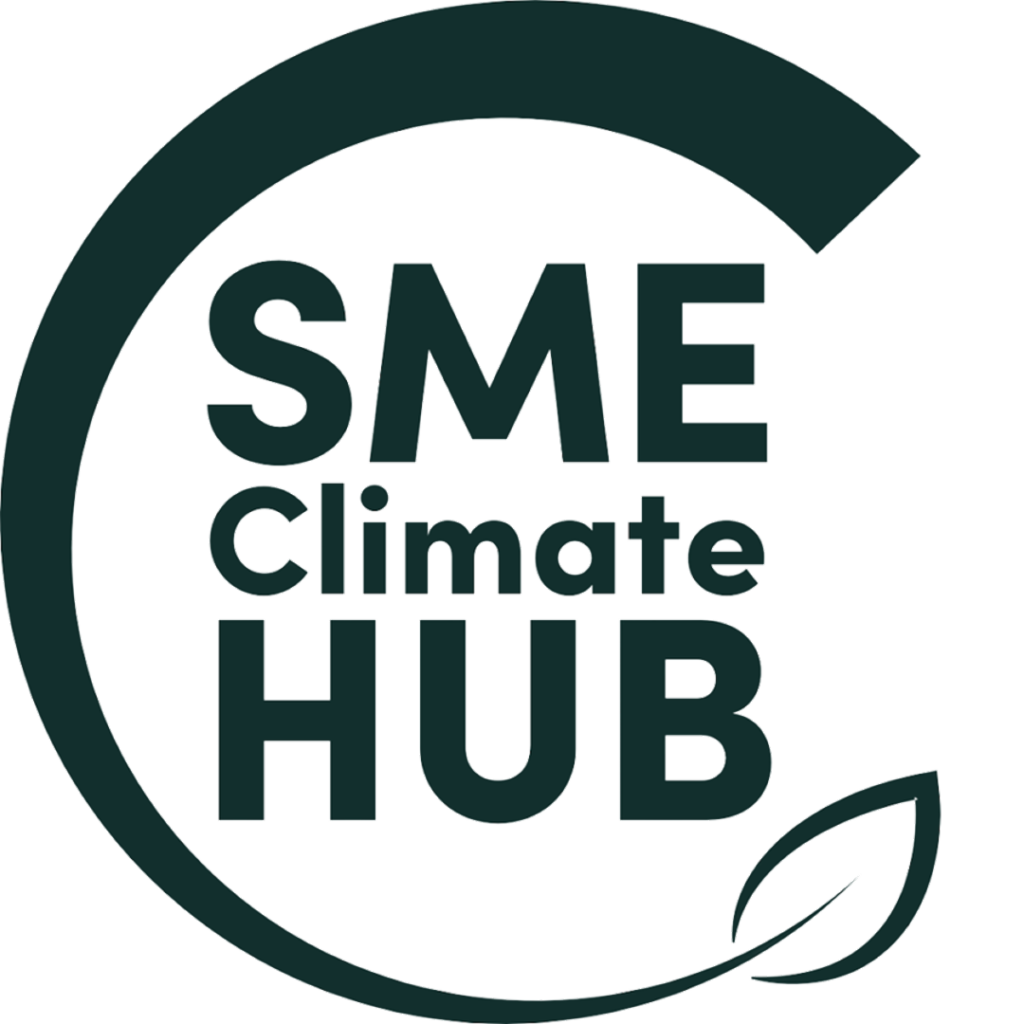CSRD: Europe leads the way for ESG reporting

Great news from the EU: The Corporate Sustainability Reporting Directive (CSRD) promotes increased transparency and harmonized disclosure for sustainability information in financial reports. Broadening the Non-Financial Reporting Directive’s scope, CSRD introduces double materiality and standardized reporting, which will be progressively implemented between 2025-2029.
International Railway Journal

Replacing diesel in europe requires a common strategy
AERRL: a study on alternatives to fossil fuels in railway

AERRL has launched this study authored by eolos GmbH to identify and promote technologies to cut the climate impact of the existing diesel-powered rail fleets in the near
future.
Pierre-Yves Cohen

CEO & Founder
Passionate about the Circular Economy
Obsolecence Management

Over six months, we tackled our client’s locomotive reliability concerns by performing YTEOL analysis on three crucial systems. We offered customized recommendations that balanced economic advantages with essential technical and safety constraints.
Responsible Sourcing Best Practice

Collaborating for 3 months, we analyzed eco-responsible purchasing practices in railway and industrial sectors for a French public operator. After researching and conducting interviews with 20 European companies, we provided 10 actionable recommendations aligned with the client’s CSR strategy.
Detailed Scope 3 Carbon Footprint

In a 6-month project with a locomotive lessor, we provided a Company Carbon Footprint, auditing Scopes 1&2 and assessing Scope 3 emissions. Granular analysis offered actionable levers for environmentally-conscious asset purchasing strategies. The GHG Protocol-compliant report facilitated future internal assessments.
Efficient Carbon Footprinting Tool

We collaborated with Austria’s ÖBB for 3 months to provide them with a tailored tool for accurate Company Carbon Footprint assessment and prioritization of improvements. Working with TU Graz, we identified top CO2 emitters and conducted workshops, empowering ÖBB to manage its carbon footprint effectively.
The role of industries in climate change mitigation

The IPCC report underscores rising greenhouse gas emissions, mainly from industry. Declining low-emission technology costs and increased usage aid mitigation of climate change. Decarbonization, sustainable options, international cooperation, and policy implementation are vital for a net-zero industry and climate resilience.
The window of opportunity to address climate change is decreasing

This article highlights climate change’s adverse impacts on humans and ecosystems, exacerbating vulnerability and global inequalities. These details are in the IPCC report. Climate risk depends on mitigation and adaptation efforts. Integrating these measures enables climate-resilient development. Maladaptation can be avoided with inclusive, long-term planning.


